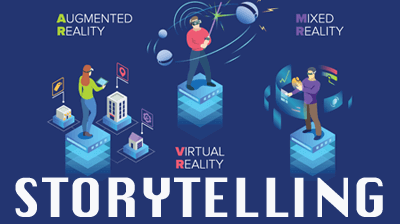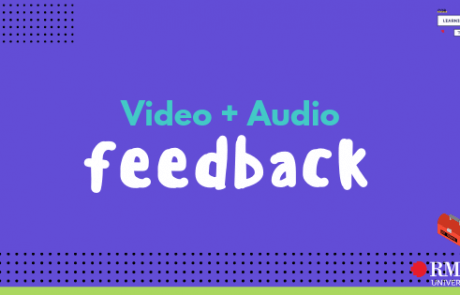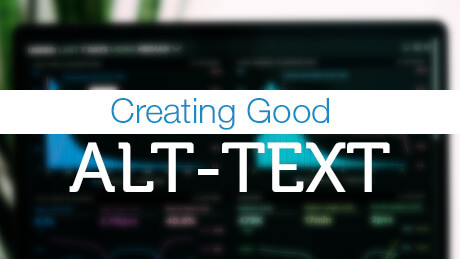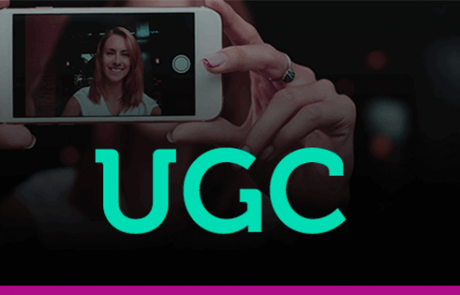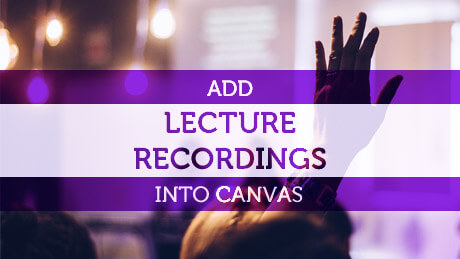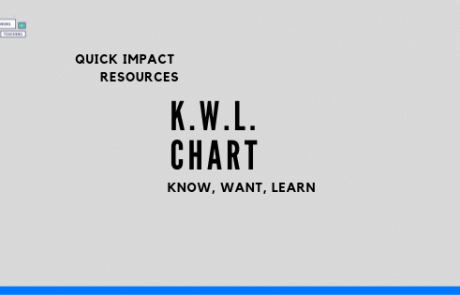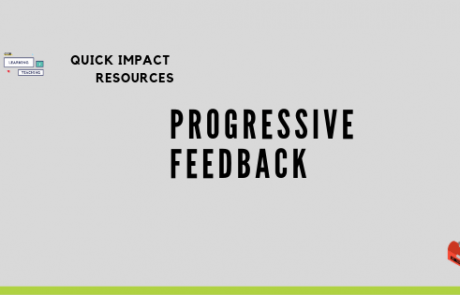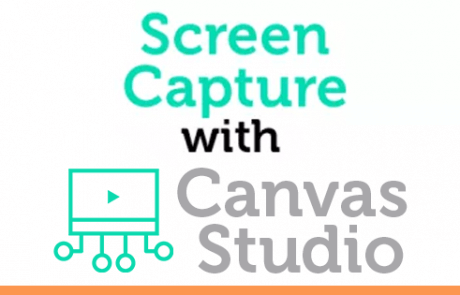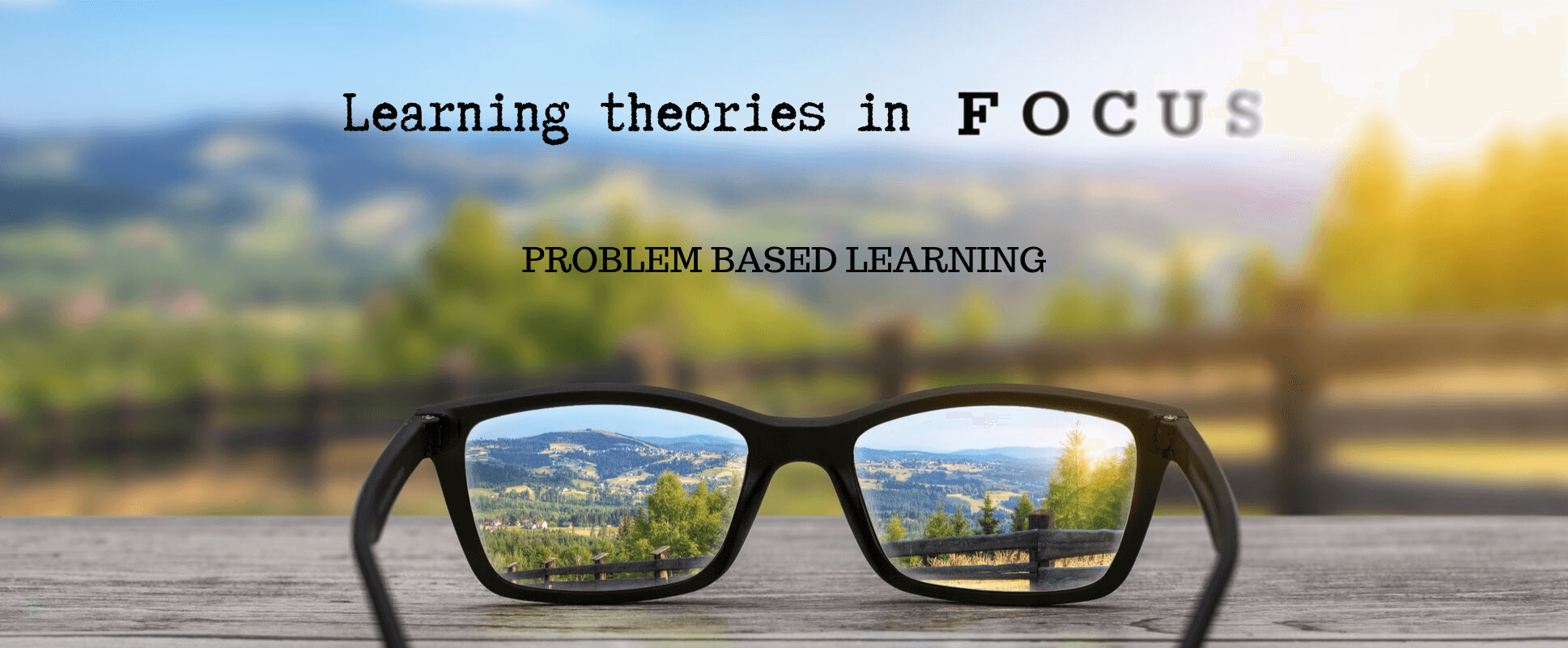
A s career academics, you probably know what works best in your classrooms. When it comes to promotion and awards; however, do you struggle to articulate the theory behind your practice? Or are you looking for new ways to enliven your teaching? This series of blogs will introduce you to some of the prominent theorists in the field of teaching and learning and provide some background to the pedagogical/andragogical approaches they subscribed to. While these posts will not be comprehensive biographies or deep analyses of theories, they will provide a taster that will hopefully whet your appetite for further exploration. The posts also contain resources that can guide the implementation of theory into practice.

Lev Vygotsky (1896-1934)
Constructivism
Lev Vygotsky was a Russian psychologist who belonged to the constructivist school of learning theory. Constructivists believe that learners “actively construct knowledge, rather than being passively molded by experience (as in behaviourism) or programmed by biology (as in nativism)” (Remmel 2008). One of the most famous advocates of constructivism was Jean Piaget whose work concluded that learning was ‘a product of the individual mind, achieved through observation and experimentation’ (Remmel 2008). This is what he referred to as cognitive constructivism. Vygotsky’s view differed from that of Piaget in that he believed learning to be socially constructed, through interaction with “knowledgeable members of the culture”, i.e. teacher, instructors or informed peers; this is known as social constructivism. Vygotsky recognised the importance of the teacher in the process of learning but, in line with constructivist theory, saw them as a “guide, facilitator, and co-explorer who encourage learners to question, challenge, and formulate their own ideas, opinions, and conclusions” (Weegar & Pacis 2012, p. 7). When designing learning using a constructivist model, teachers focus on ensuring the learning is active and collaborative and includes elements of problem solving (Problem Based Learning) or inquiry (Inquiry Based Learning). For more on what make learning active, read this resource on Active Learning (Brame 2016).
One of Vygotsky’s most important, and enduring, theories is the Zone of Proximal Development or ZPD. The ZPD is “the distance between the actual development level, as determined by independent problem solving, and the level of potential development, as determined through problem solving under adult guidance or in collaboration with more capable peers” (Vygotsky & Cole 1978, p. 86). In much simpler terms it is the area between what a learner knows (their Zone of Current Development or ZCD) and what they need to know. In this zone, a learner is guided through unfamiliar territory by their teacher or capable peers. As the learner progresses through their ZPD, their reliance on support lessens and their ability for autonomous learning increases. In the ZPD, the learner should feel challenged enough to make the task or problem interesting without feeling overwhelmed. To do this the teacher provides scaffolding, or support, that helps “learners to develop new understandings, new concepts, and new abilities” (Hammond & Gibbons 2005, p. 8).
Problem Based Learning: how to use it
To capitalise on the power of the ZPD, teachers can use one of the stalwarts of the constructivist approach, Problem Based Learning (PBL). In PBL, students work, usually in groups, to solve an unfamiliar problem. Within the group, there needs to be an understanding of what individuals currently know (ZCD) so learning objectives can be set (Remmel 2008). The students then reach out from their current zone of knowledge into the unfamiliar territory of the ZPD, with the help of their teachers and peers. A useful resource for teachers is The Journal of Problem based Learning in Higher Education which has a collection of research papers and PBL cases. You may also wish to explore the Illinois Centre for Innovation in Teaching & Learning (2019) page on Problem-Based Learning (PBL) or the University of Delware’s (n.d.) PBL Clearinghouse for more background and ways to implement PBL in your teaching.
References
Brame 2016, Active Learning, Vanderbilt University Center for Teaching, viewed 22 August 2019, <https://cft.vanderbilt.edu/active-learning/>.
Hammond, J & Gibbons, P 2005, “What is Scaffolding?”, Teachers’ voices 8: Explicitly supporting reading and writing in the classroom, National Centre for English Language Teaching and Research, Macquarie University, viewed 22 August 2019, <http://www.ameprc.mq.edu.au/docs/research_reports/teachers_voices/Teachers_voices_8.pdf#page=15>.
Harland, T 2003, Vygotsky’s Zone of Proximal Development and Problem-based Learning: Linking a theoretical concept with practice through action research, viewed 22 August 2019, <https://srhe.tandfonline.com/doi/pdf/10.1080/1356251032000052483?needAccess=true>.
Illinois Centre for Innovation in Teaching & Learning 2019, Problem-Based Learning (PBL), viewed 22 August 2019, <https://citl.illinois.edu/citl-101/teaching-learning/resources/teaching-strategies/problem-based-learning-(pbl)>.
Lev Vygotsky n.d. [image], viewed 22 August 2019, <https://en.wikipedia.org/wiki/File:Lev_Vygotsky.jpg>.
McLeod, S 2018, “Lev Vygotsky”, Simple Psychology, viewed 22 August 2019, <https://www.simplypsychology.org/vygotsky.html>.
Remmel, E 2008, “Constructing Cognition”, American Scientist, viewed 22 August 2019, <https://www.americanscientist.org/article/constructing-cognition>.
The Journal of Problem based Learning in Higher Education, viewed 22 August 2019, <https://journals.aau.dk/index.php/pbl/about>.
University of Delware n.d., PBL Clearinghouse, viewed 22 August 2019, <http://www1.udel.edu/pblc/>.
Vygotsky, L & Cole, M 1978, Mind in Society: The Development of Higher Psychological Processes, Cambridge, Harvard University Press.
Weegar, A. Pacis, D 2012, A Comparison of Two Theories of Learning – Behaviorism and Constructivism as applied to Face-to-Face and Online Learning, viewed 21 August 2019, <https://www.g-casa.com/conferences/manila/papers/Weegar.pdf>.
L&T Tool Box
- Adding Lecture Recordings into Canvaslchew2020-03-18T14:35:25+11:00
Adding Lecture Recordings into Canvas



